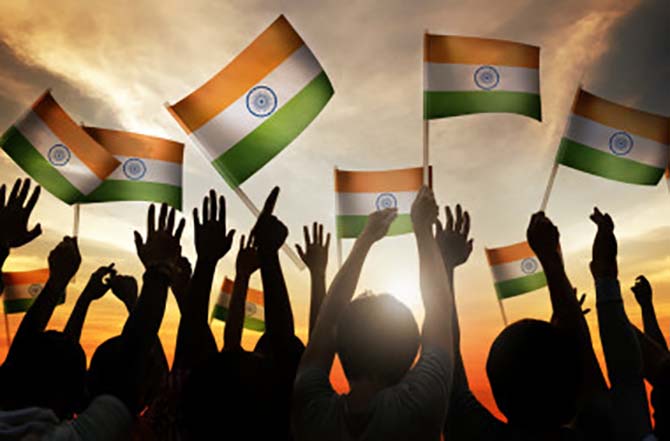“Expect disruption and new modes of innovative education but now is the time for international education providers to go to India”, was the clear message at the Acumen Global Gateway conference in Delhi.
With some 750,000 Indian students travelling to study abroad in 2022 – up from 441,000 in 2021 – the current situation is, however, “unsustainable”, Sandeep Chakravorty, ministry of external affairs, joint secretary, told delegates.
“The current model of international education for India needs to change… The one-way traffic needs to change,” he said. “Billions of dollars are being pumped out of the country.”
Largely, speakers acknowledged that the demographics in India – new statistics have indicated the 1.46bn people in the country makes it the world’s largest country, with it accounting for 25% of the world’s population under 25 – make it an exciting education location.
Pankaj Mittal, secretary general at the Association of Indian Universities, said that there is impetus within the wide-ranging NEP for internationalisation of the Indian higher education system, including for both private and public universities.
The policy, as previously noted, offers up opportunities for branch campuses, dual and joint diplomas and degrees, credit transfer and more, speakers said.
Mutual recognition of qualification agreements with countries like the UK and Australia, as well as AIU’s MoUs with organisations such as UUK, Universities Australia, in Mexico and its portal designed to help institutions find partners in India, will support the internationalisation agenda.
The “next frontier” for international partnerships is in research, Amrita Sadarangani, head of College of Science & Engineering Partnerships at University of Edinburgh in India.
“The current model of international education for India needs to change”, it will also help the country in its aim to attract international students.
“If we are to attract the best international students into India, we’ll have to have pedagogical methods and curricula that are of international standards and relevance.”
Source: https://thepienews.com/news/india-international-education-sweet-spot-until-2050s/

